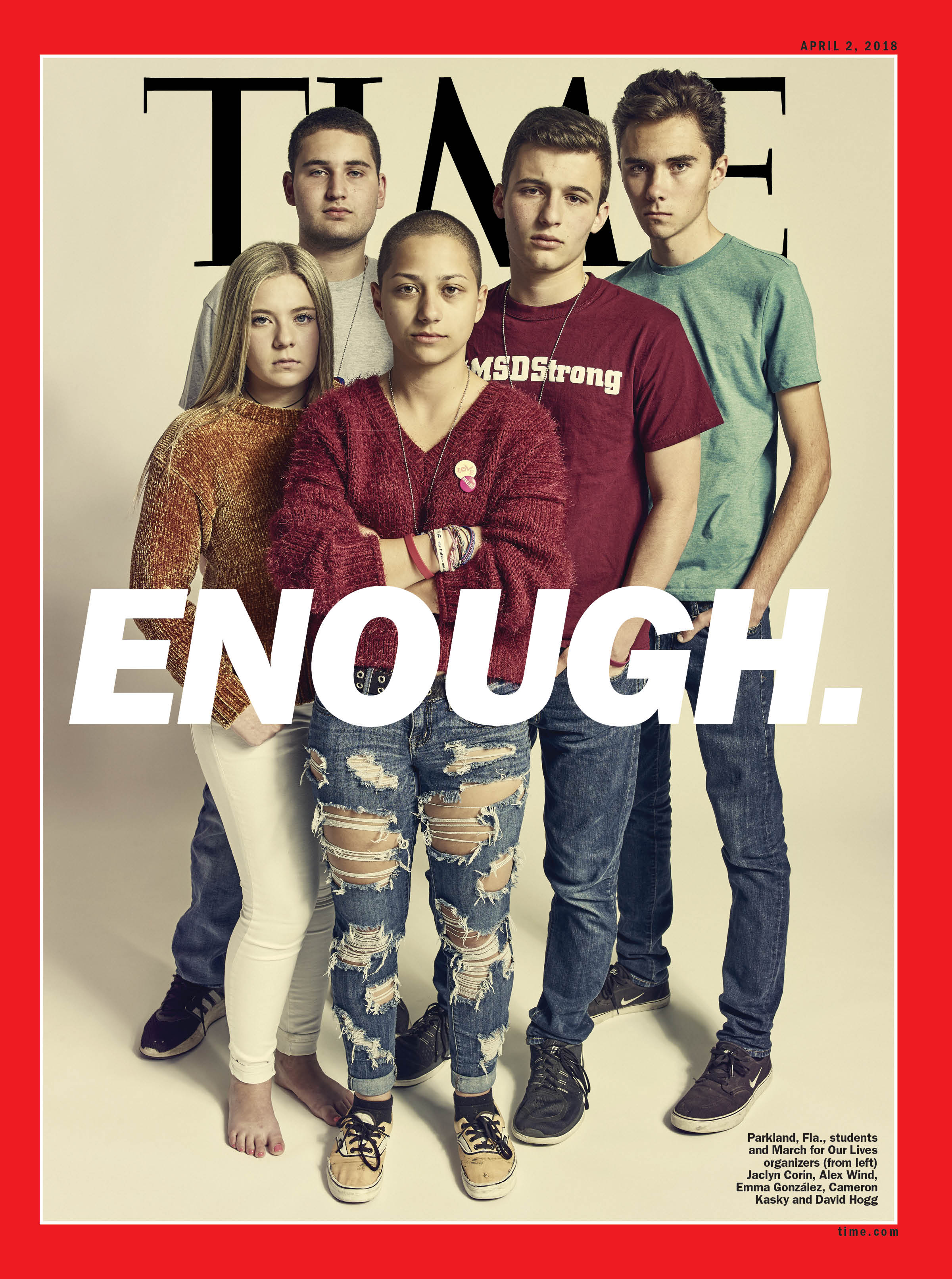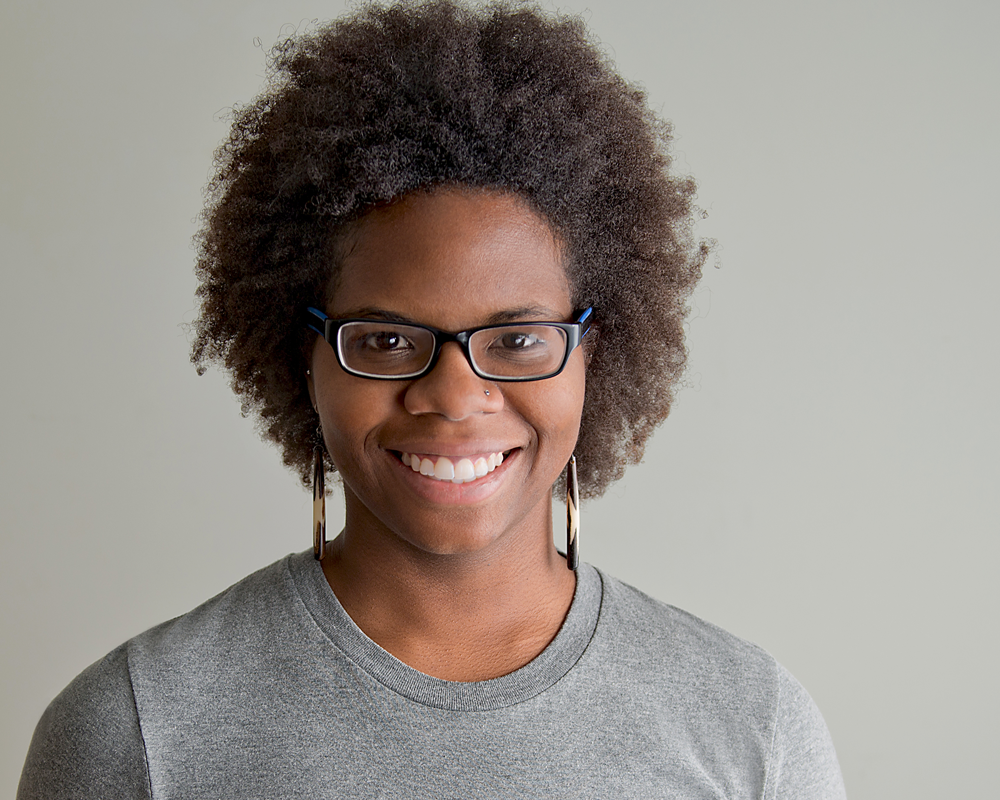2 Ways to Make Your Gun Violence Activism More Inclusive (My Thoughts On March For Our Lives)
Thanks for stopping by. Are you new to Black and Bookish? Please take a look around. Here are the books I've read and reviewed, or you can start here to get an overview of who I am and what I do. Don't forget to subscribe to get news and posts sent straight to your inbox.
Photo by Vlad Tchompalov (Unsplash)
“A riot is the language of the unheard. ”
This post contains affiliate links.
Some Background on the March for Our Lives Activism
We as adults ask a lot of the children we care for. We ask them to endure our rules and regulations without wanting to take their thoughts or feelings into consideration. We also teach them, through stories and lessons about direct action, that children should stand up for what they believe in- at the cost of disobeying authority. Anyone who has been reading dystopian novels as long as I have isn't surprised with the recent front-page activism of the Marjory Stoneman Douglas High School (MSDHS) students from Parkland, FL.
After 17 people were killed in the February 14th school shooting at MSDHS, people of all ages urged Congress to enact stronger gun laws. Grieving families were met with "thoughts and prayers", our general response to these types of incidents. Determined to create change, the Parkland teens kept at it and have stayed front and center in the media. Their efforts have culminated with today's March for Our Lives protest happening in D.C., and in sister marches all over the U.S. This is a collaborative effort of students and other activists around the country.
As with the Women's March that happened in January, I will not be attending March for Our Lives. Of course, I support the Parkland students standing up and demanding action from politicians and city leaders. I support anyone standing up to social injustice and encourage people to get out and voice their concerns. But I have mixed feelings about large-scale, organized protests (like how can you ask for permission to rebel?) and how they can make some people feel excluded.
Now, this post is not about whether there should be a ban on guns or stricter gun laws. I personally am not a fan of them, but I wouldn't ban them. This post is to say that if you decide to protest current gun laws, your activism should include the lives of Black and Brown people who have also been victims. The narrative around Black gun death is very different than the (mostly) open arms policy the Parkland students are getting. Why do you think that is?
Not Just Sour Grapes
Let's just say we don't like to include state-sanctioned gun violence in our national marches.
This idea isn't a new one. A Teen Vogue article pointed out just a week after the shooting that Black teens have been protesting gun violence for years. That Black families have been fighting the states with lacked gun laws to change them. Many times, when a Black person is killed, they (not the person with the gun) are put on trial for their own death. It happened with Trayvon. It's happened with Philando Castile and Anton Sterling. It's happened with Corey Grimes and Sandra Bland. It's happening with Stephon Clark was shot and killed in his own backyard by Sacramento police on Sunday.
Or they are completely ignored, like Courtlin Arrington. She was the only student killed in a recent school shooting weeks after Parkland.
When body cam footage was released Wednesday, protesters took to the streets enraged over Stephon Clark's death. This lead to blocking the entrance of the Kings Center and shutting down sections of I-5. By Friday, police in riot gear were called to the protest areas of Sacramento. The protesters of Clark's death are overwhelmingly Black. Does that mean they are more of a threat than the hundreds of thousands that plan to march today? Can asking for permission be the only way to protest and if so, does that include Black lives?
*****
Photo by Alice Donovan Rouse (Unsplash)
The dehumanization of Black life works to spread the idea that speaking up for it is wrong. It's not celebrated, you can be ridiculed, and it then becomes overwhelming. But as the Huffington Post wrote, you must include kids like Trayvon if you are marching for all our lives. It sounds simple when you say it but it hasn't been the way things work. At the end of last year, I wrote on seven action steps to taking personal responsibility around social justice. I still think that post speaks to this problem of exclusive activism, and below, I've added two more steps. And I know what you're thinking, more steps??? Hear me out.
1) Tell it like it is
The best way to make your activism inclusive is to point our when it's not. For example, David Hogg, one of the Parkland students, commented that the media has not given the same respect to the Black student voices of their school. And he keeps saying it. He is determined to make sure that no one is left out. He has the privilege to change the narrative, so he is doing it.
If you have the opportunity to pull someone into the fold, don't wait. Stand behind the people (or in front of if need be) that are ignored because of their skin color, their abilities, or their gender. This also includes while you're at the actual march. You'll be surprised at how many POC are discriminated against during these large-scale events meant to bring people together.
2) Diversify your sources
Read a newspaper, will you? Like, a physical one. Journalism is waning but some of the best of it is in print. John Oliver did a great piece about why we should support journalism and what that means for news in general. Also, read a book about inclusive social justice. Here are some examples:
From #Blacklivesmatter to Black Liberation by Keeanga-Yamahtta Taylor
Well, That Escalated Quickly: Memoirs and Mistakes of an Accidental Activist by Franchesca Ramsey
This is no way comprehensive. And of course, I couldn't send you off without homework. No one is asking for perfection overnight (and if they are, it's not about you it's about them). Remember, you've got this.
*****
Do you plan to protest today? How will you make sure those around you feel included?
About the Author
Black & Bookish is the brainchild of Antoinette Scully, educator and lover of all things bookish. She is on a quest to fill your bookshelves with beloved authors of the African Diaspora. When she's not hanging out on line, she's living it up as the mother of two rambunctious girls and wife of a local filmmaker.



